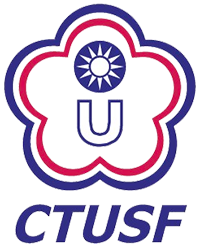Sports & Exercise Research Volume 10 Number 2
Author:Wei-Yu Chen ; Junn-Ming Wang
Period/Date/Page:Vol. 10 No. 2 (2008 / 06 / 30) , P93 - 106
DOI:10.5297/ser.200806_10(2).0007
The Effects of College Students' Self-Regulated Learning on Table Tennis Learning Performance
Abstract:The purposes of this study were: first, to explore the interactive effects of goal difficulty, self-efficacy, and self-monitoring of self-regulated learning on table tennis learning performance, and second, to explore the effects of teaching strategies of self-regulated learning on table tennis learning performance. 253 students who took physical education (table tennis) course were drawn from Takming University of Science and Technology as subjects. The subjects were administered by a self-set goal questionnaire, a self-efficacy inventory and a self-monitoring questionnaire. The collected data were analyzed by three-way ANOVA (independent) and two-way ANOVA (mixed design). The findings were as follows: First, there were interactive effects of goal difficulty, self-efficacy and self-monitoring on table tennis learning performance. Under self-monitoring condition, those who had higher self-efficacy and set difficulty goals had better learning performance. Under non-self-monitoring condition, those who had lower self-efficacy and set easy goals had worse learning performance. Second, by way of self-regulated learning strategies, the students with lower self-efficacy could improve their table tennis learning performance. Third, using teaching strategies of self-regulated learning in the physical education course could validly promote table tennis learning performance. The experiment group had a better performance in sports than that of the control group. Finally, based on the results and findings of this study, some applications and further research suggestions were offered. (Full text)




